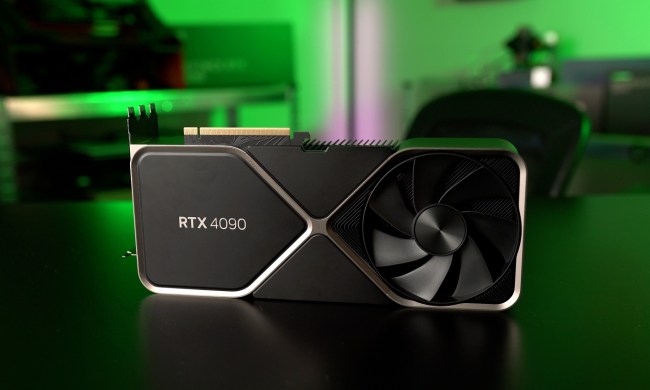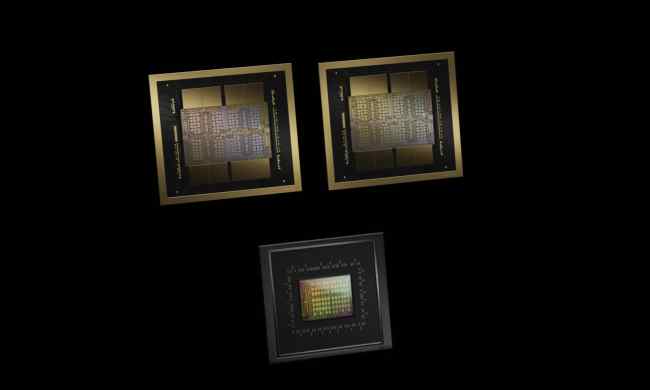
The United States Federal Trade Commission has approved the proposed merger between Internet giant Google and online advertisin giant DoubleClick. Originally proposed back in April 2007. the $3.1 billion merger has raised concerns amongst consumer rights groups and privacy advocates who argue that the combined companies’ ability to profile and target marketing to both online and offline consumers constitutes an invasion of privacy—especially considering Google’s dominance of the Internet search arena and DoubleClick’s pervasive presence on ecommerce sites and other popular online destinations.
The Commission’s majority statement reads in part: “After carefully reviewing the evidence, we have concluded that Google’s proposed acquisition of DoubleClick is unlikely to substantially lessen competition.” The commission concluded that DoubleClick doesn’t have enough traction in the third party ad-serving market for Google to leverage its power in the search marketplace to inhibit competition. The FTC also noted that it believes it lacks the authority to block a horizontal merger of companies based on consumer privacy concerns, although the Commission also released a set of proposed principals for behavior marketing that it hopes will “guide the development of self-regulation in this evolving area.”
The FTC vote to let the merger proceed was four to one, with Commissioner Pamela Jones Harbour being the lone objector. In her sizable dissent (PDF), Harbour writes “I do not doubt that this merger has the potential to create some efficiencies, especially from the perspective of advertisers and publishers. But it has greater potential to harm competition, and it also threatens privacy. By closing its investigation without imposing any conditions or other safeguards, the Commission is asking consumers to bear too much of the risk of both types of harm. “
Google and Doubleclick must still seek merger approval from the European Commission; today the European Consumers Organisation (BEUC) lobbied the head of the EC to block the merger on privacy grounds, while simultaneously arguing the merger would harm competition in online advertising.


